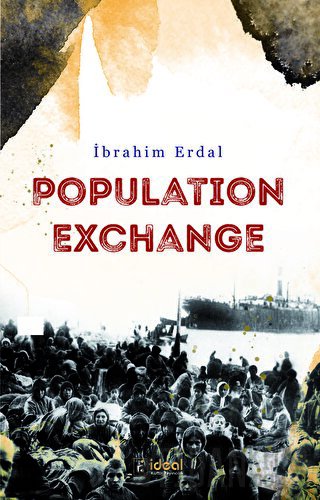
There is no doubt that the wind of change and freedom brought about by the French Revolution in a process in which empires were destroyed and nation-states were established also spread to the land of Ottoman State, especially the Balkans.
This process also paved the way for the elements living under the identity of Ottoman non-Muslim subjects and the Muslims who remained in the lands lost by the empire to pursue the right to determine their own future in their own ethnic identity and territory, and to fight against the "other".
The population change, which came to the fore with the proposal of the League of Nations, caused social and cultural wounds in both societies. The population exchange led to similar pains, longings and social problems in different tones in both sides. People were forced to immigrate from the land they had lived for nearly 500 years and they adopted as their homeland, due to war, security concerns and the policies that were pursued.
There is no doubt that the wind of change and freedom brought about by the French Revolution in a process in which empires were destroyed and nation-states were established also spread to the land of Ottoman State, especially the Balkans.
This process also paved the way for the elements living under the identity of Ottoman non-Muslim subjects and the Muslims who remained in the lands lost by the empire to pursue the right to determine their own future in their own ethnic identity and territory, and to fight against the "other".
The population change, which came to the fore with the proposal of the League of Nations, caused social and cultural wounds in both societies. The population exchange led to similar pains, longings and social problems in different tones in both sides. People were forced to immigrate from the land they had lived for nearly 500 years and they adopted as their homeland, due to war, security concerns and the policies that were pursued.














